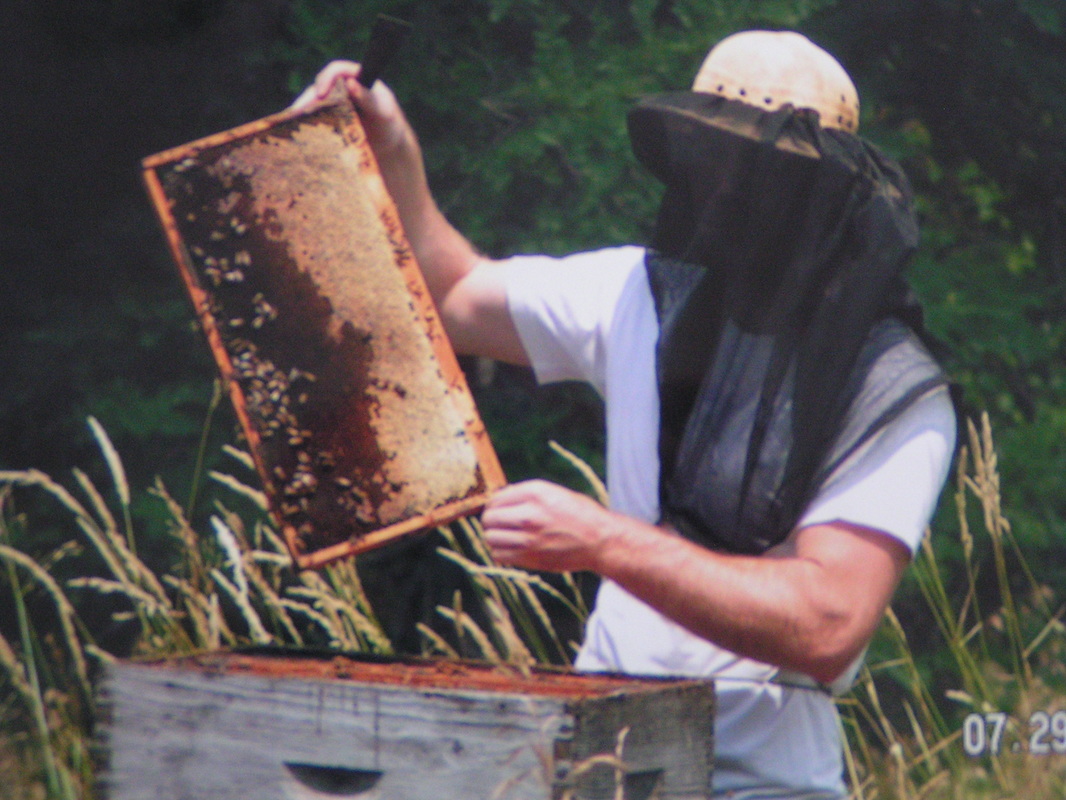Wondering what effect selenium concentrations in plants has on honey bees, John T. Trumble, a professor of entomology, and Kristen R. Hladun, his graduate student, performed controlled greenhouse experiments in which they documented the selenium amounts that three plant species -- two kinds of mustards and one weedy radish plant -- incorporate into their nectar and pollen after the plants had been irrigated with low to moderate levels of the trace mineral.
'Field studies need to be conducted to determine if honey bees collect enough selenium from contaminated plants to cause significant effects on learning, behavior and adult or larval survival.'"
Selenium impacts honey bee behavior and survival
University of California - Riverside

 RSS Feed
RSS Feed
